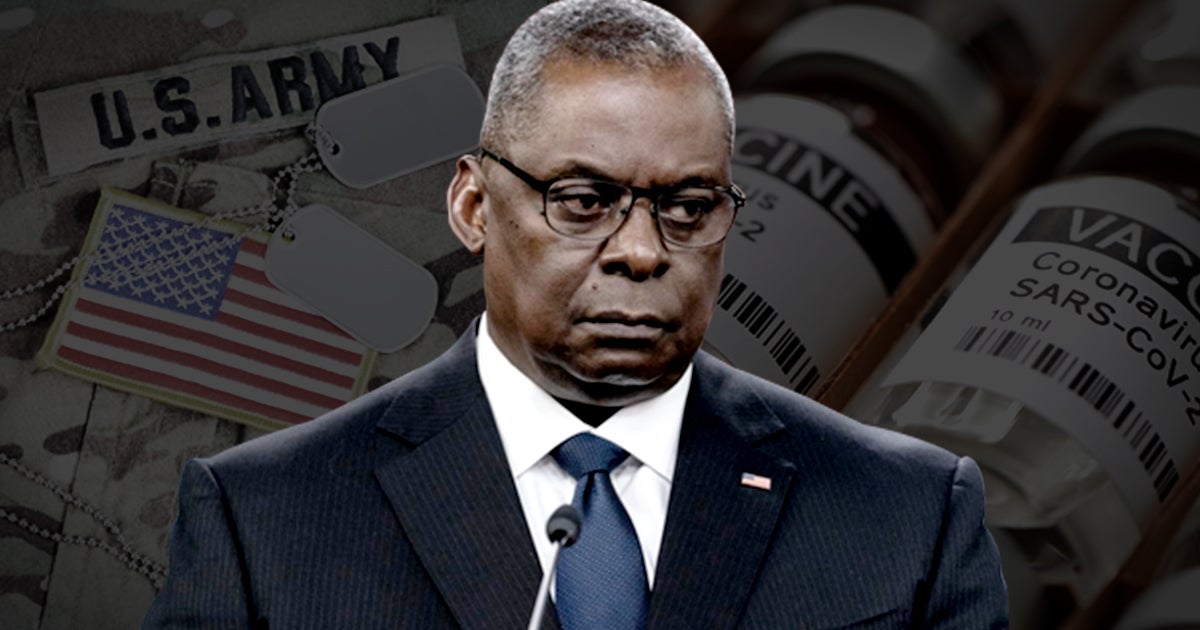
by Mike Berry • 6 min read
When it comes to the Department of Defense’s (DoD) recent announcement that the COVID-19 vaccine may soon be mandatory for all active duty troops, fictional Marine Corps Colonel Nathan Jessup’s admonition—“we follow orders or people die”—is likely what Pentagon officials had in mind. But a DoD-wide vaccine mandate leaves more questions than answers and could create a constitutional crisis.
First Liberty Institute has recently been inundated with requests for legal help about the legality of a COVID-19 vaccine mandate. We cannot represent every single person who contacts us, but we can provide clarity on the rights of conscience our service members enjoy.
Obedience to orders is essential for a functional military. Yet, like Colonel Jessup’s character, blind, instantaneous, and unquestioned obedience to all orders is also fiction. While the government teaches its troops that a military superior’s orders are presumptively lawful, they likewise learn that that not every order is lawful. These are the tragic lessons of Nuremburg and My Lai.
With COVID-19, the order to “get the shot” enjoys the presumption of legality. A service member disobeying a lawful order does so at his or her peril. Still, a court-martial may not await service members with a sincere religious objection to these vaccinations.
Many Americans object to the vaccine on religious grounds, perhaps due to the use of aborted stem cells in the vaccine’s development, or possibly on other religious grounds. To those serving in our military have any protections under the law?
A vaccination order—even one issued by the Secretary of Defense—does not leave unvaccinated service members without recourse. If a service member has a sincerely held religious belief that prohibits them from being vaccinated, they may request a religious accommodation under the law. A religious accommodation request does not challenge the legality of an order, regulation, or policy, or the authority of the person who issued it. Rather, it seeks to have that order, regulation, or policy deemed “not applicable” to the service member under the specific circumstances of the request.
Once a service member raises a legal objection to vaccination due to a sincerely held religious belief, no one in the chain of command—nor even a chaplain—may question the validity or sincerity of the service member’s claimed religious beliefs. The DoD is left with but one option: prove that the DoD has a compelling interest in mandatory vaccinations and that ordering their administration is the method least restrictive to the service member’s religious exercise. That is a high burden.
Even assuming the DoD carries its burden, a service member can appeal that decision all the way up to the secretary of their particular branch of service who must, according to DoD regulations, turn around a final action in just sixty days. Then, after that final action, service members may still take the unfavorable decision to federal court.
It is unclear what legal review process the anticipated DoD vaccine mandate underwent, but they likely did not envision a flash flood of religious accommodation requests and possible lawsuits. Yet that is exactly the potential constitutional crisis their orders create.
Approximately eighty percent (80%) of the 1.3 million on active duty, according to the DoD, are fully vaccinated. If just ten percent (10%) of the unvaccinated on activity duty choose to raise a religious objection, that could create 26,000 religious accommodation requests triggering the sixty-day action requirement, and potentially months of federal litigation, described above.
The entire crisis could be avoided if the DoD would prioritize 100% constitutional compliance as highly as it does 100% vaccine compliance. DoD’s interest in mitigating the spread and effects of a debilitating virus could be achieved with far less burden.
For starters, those who test positive for COVID-19 antibodies due to prior infection and recovery could be deemed exempt. Those with a religious objection can be temporarily assigned to a different status—something the DoD permits for service members undergoing gender transition. Religion should not be treated less favorably than gender identity.
Those joining the military swear an oath to uphold and defend the Constitution, including the roughly 260,000 service members currently unvaccinated. They are every bit the brave, patriotic Americans as those who are vaccinated. The decision to decline the vaccination does not suddenly convert them into cowardly traitors. We should not deny them their religious freedom while they are fighting for all of ours.